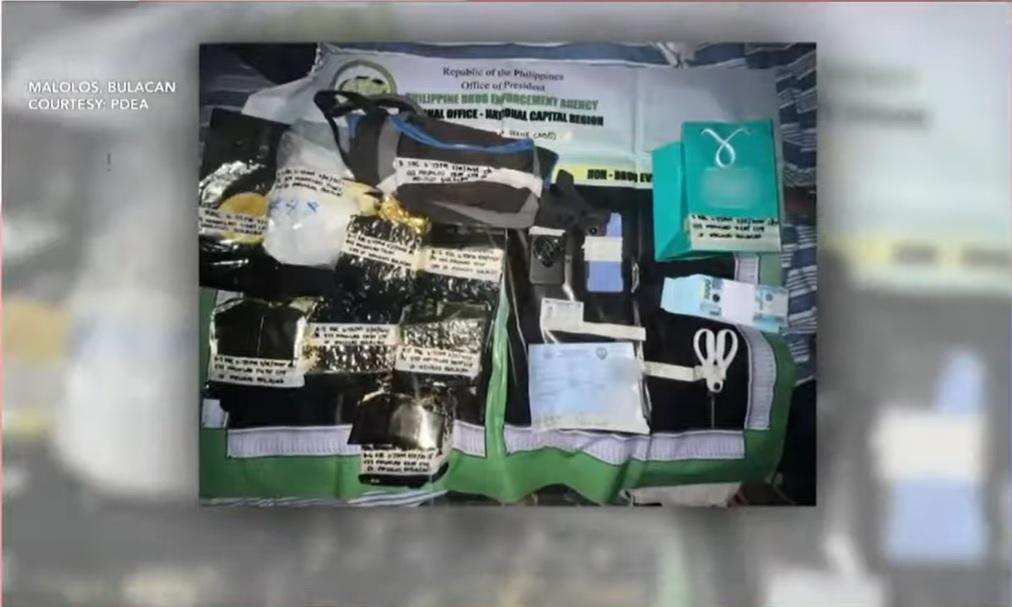Massive POGO Scam Busted in Pasay: 14 Filipinos, 6 Koreans Arrested

Pasay City, Philippines – A significant blow against illegal online gambling and scam operations was dealt in Pasay City this Tuesday as authorities apprehended a total of 20 individuals – 14 Filipinos and 6 Koreans – suspected of running a Philippine Offshore Gaming Operator (POGO) and engaging in fraudulent activities. The operation, reported by GMA Integrated News’ Unang Balita, signifies a growing concern over the proliferation of illicit POGO hubs and associated scams across the nation.
The raid, conducted by a combined force of law enforcement agencies, targeted a facility believed to be serving as the command center for the illegal POGO and scam network. Initial reports indicate that the operation primarily targeted Chinese nationals, with the Filipino and Korean nationals allegedly acting as facilitators and administrators. Details regarding the specific nature of the scam are still emerging, but authorities suspect it involved online financial fraud targeting victims both within the Philippines and potentially overseas.
“This is part of our ongoing efforts to dismantle illegal POGO operations and protect the public from online scams,” stated a spokesperson from the National Bureau of Investigation (NBI). “We have received numerous complaints regarding fraudulent activities linked to these types of operations, and we are committed to bringing those responsible to justice.”
The arrest comes amid increasing scrutiny of POGO operations in the Philippines. While POGOs are legal under certain conditions and contribute to the country’s economy, concerns have been raised about their potential links to criminal activities, including money laundering, human trafficking, and online scams. The Philippine government has vowed to tighten regulations and crack down on illegal POGO hubs.
The arrested individuals are currently being held at the NBI headquarters and are facing charges related to violating Republic Act 9994, the Expanded Anti-Trafficking in Persons Act of 2012, and other relevant laws pertaining to illegal gambling and fraud. Investigators are continuing to gather evidence and identify other individuals involved in the alleged scheme.
This latest bust serves as a stark reminder of the challenges the Philippines faces in regulating the POGO industry and combating online scams. Authorities are urging the public to remain vigilant and report any suspicious online activity to the appropriate authorities. The ongoing investigation is expected to shed more light on the extent of the operation and the identities of other individuals involved. The case highlights the need for continued collaboration between law enforcement agencies and the implementation of stricter regulations to safeguard Filipino citizens and the national economy from the detrimental effects of illegal POGO and online fraud.
This is a developing story.






